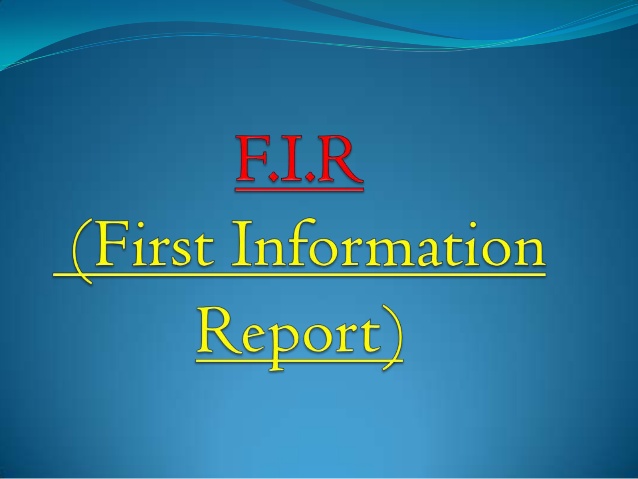This article is written by Team LawSikho. This article discusses what happens after the registration of an FIR.
Introduction
After the FIR is registered, an investigation into it begins which includes collecting evidence, questioning witnesses, inspecting the crime scene, forensic testing, recording statements and so on.
Seeing as the FIR can be filed in respect of cognizable offences, the police have the authority to make arrests without a warrant. This can happen in cases where the police are of the opinion that it is dangerous to let the person remain free or in cases where the accused is a habitual offender etc.
The police are required to complete the investigation depending upon the offense in a span of 60 or 90 days per the provisions of Section 167 of the Code of Criminal Procedure, 1973, particularly when the accused is in custody. This period starts only after the FIR is lodged and the investigation starts.
If on the basis of the investigations, the police believe that there is sufficient evidence of the crime being committed, they can prepare and file a charge sheet with a competent court, requesting it to take cognizance of the offense.
In case of insufficient evidence, the FIR is declared as untraced and a closure report is filed with the magistrate which can be challenged. If the police decide to close the case, they are bound to inform the person who filed the FIR about the decision.
When an FIR is found to be false or is transferred to other Police Station for investigation (in the case where the police station in which it is first filed did not have jurisdiction), it is referred to as cancelled in the police station where it is first filed.
A very interesting flowchart of what happens after FIR is filed can be found on the website of the Madhya Pradesh Police (see here).
 Serato DJ Crack 2025Serato DJ PRO Crack
Serato DJ Crack 2025Serato DJ PRO Crack








 Allow notifications
Allow notifications



[…] https://blog.ipleaders.in/filing-of-fir/amp/ […]